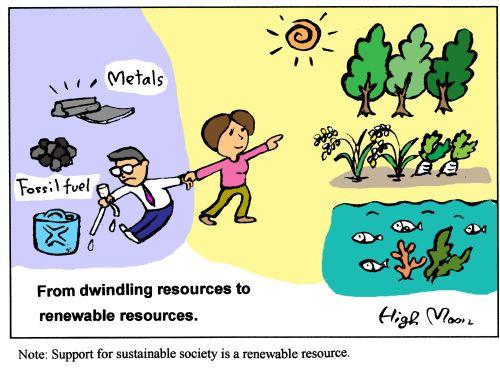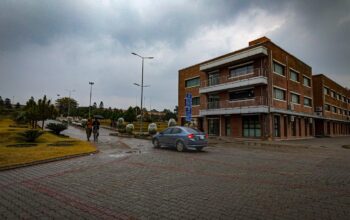In desperate times, it seems no asset is safe from being sacrificed to settle looming debts. As the financial pressures on local councils continue to mount, the controversial practice of selling off prized possessions – often referred to as “the family silver” - has become increasingly common. This trend raises questions about the true cost of balancing the books, and the long-term consequences of parting ways with treasured assets to meet short-term financial obligations. In this article, we delve into the complex world of councils selling the family silver to pay bills, examining the implications and challenges that come with this necessary yet contentious decision.
Dwindling Resources: Councils Forced to Sell Assets
With budgets tightening and resources dwindling, councils across the country are being forced to make tough decisions in order to stay afloat financially. Many local authorities are now turning to selling off valuable assets as a last resort to pay their mounting bills.
This trend has raised concerns among residents, who fear that selling off public assets will have a long-term impact on their communities. From historic buildings and parks to public utilities, councils are finding themselves in a difficult position as they weigh the pros and cons of parting ways with these assets. While some argue that selling off these assets is necessary to maintain essential services, others worry about the irreversible loss of valuable community resources.

Balancing the Budget: The Impact of Selling Family Silver
In recent years, many councils have resorted to selling off assets to balance their budgets, a practice often referred to as “selling the family silver.” While this may provide a short-term solution to financial woes, the long-term consequences can be dire. Selling off valuable assets can leave councils vulnerable in the future, with fewer resources to fall back on in times of need.
Furthermore, selling off family silver can have a negative impact on communities, depriving residents of important services and amenities. It can also erode public trust in local government, as residents may see asset sales as a quick fix that fails to address the underlying issues causing financial strain. Ultimately, councils must find sustainable solutions to budget challenges that do not involve sacrificing valuable assets that are essential for the well-being of their communities.

Finding Sustainable Solutions to Financial Struggles
In a desperate attempt to offset financial struggles, many councils across the country are resorting to selling off valuable assets, also known as the family silver. This short-term solution may provide some relief for immediate bills, but it raises concerns about the long-term sustainability of these local governments.
**Some of the assets being sold include:**
- Ancient artifacts
- Historic buildings
- Parks and open spaces
**While these sales may bring in quick cash, they also raise questions about:**
- The impact on future generations
- The loss of community heritage
- The need for more sustainable financial solutions

Preserving Community Assets for Future Generations
It has become a worrying trend in recent years to see local councils resorting to selling off community assets in order to balance their budgets. While it may provide a quick fix for their financial woes, the long-term impact of such actions on future generations cannot be overstated. From parks and libraries to public buildings and open spaces, these assets hold cultural, historical, and social value that should be preserved for the benefit of all.
- Loss of Heritage: Selling off community assets means losing a piece of our shared history and identity. Once these assets are gone, they may never be regained, robbing future generations of the opportunity to connect with their past.
- Impact on Quality of Life: Parks and public spaces play a crucial role in promoting physical and mental well-being. Selling them off could have a detrimental impact on the quality of life for residents, especially for those who rely on these spaces for recreation and relaxation.
| Location | Asset | Value |
|---|---|---|
| City Center | Main Library | $5 million |
| Suburb | Community Center | $2.5 million |
Final Thoughts
As local councils continue to grapple with shrinking budgets and mounting bills, the controversial decision to sell off valuable assets – the family silver, so to speak – is becoming an increasingly common strategy. While it may provide a short-term solution to financial woes, the long-term implications of such actions remain to be seen. As we navigate these challenging times, it is crucial for councils to carefully consider the true cost of sacrificing their heritage for financial gain. Ultimately, the path to sustainable fiscal stability may lie in more innovative and creative solutions that protect and preserve our communities for generations to come.



